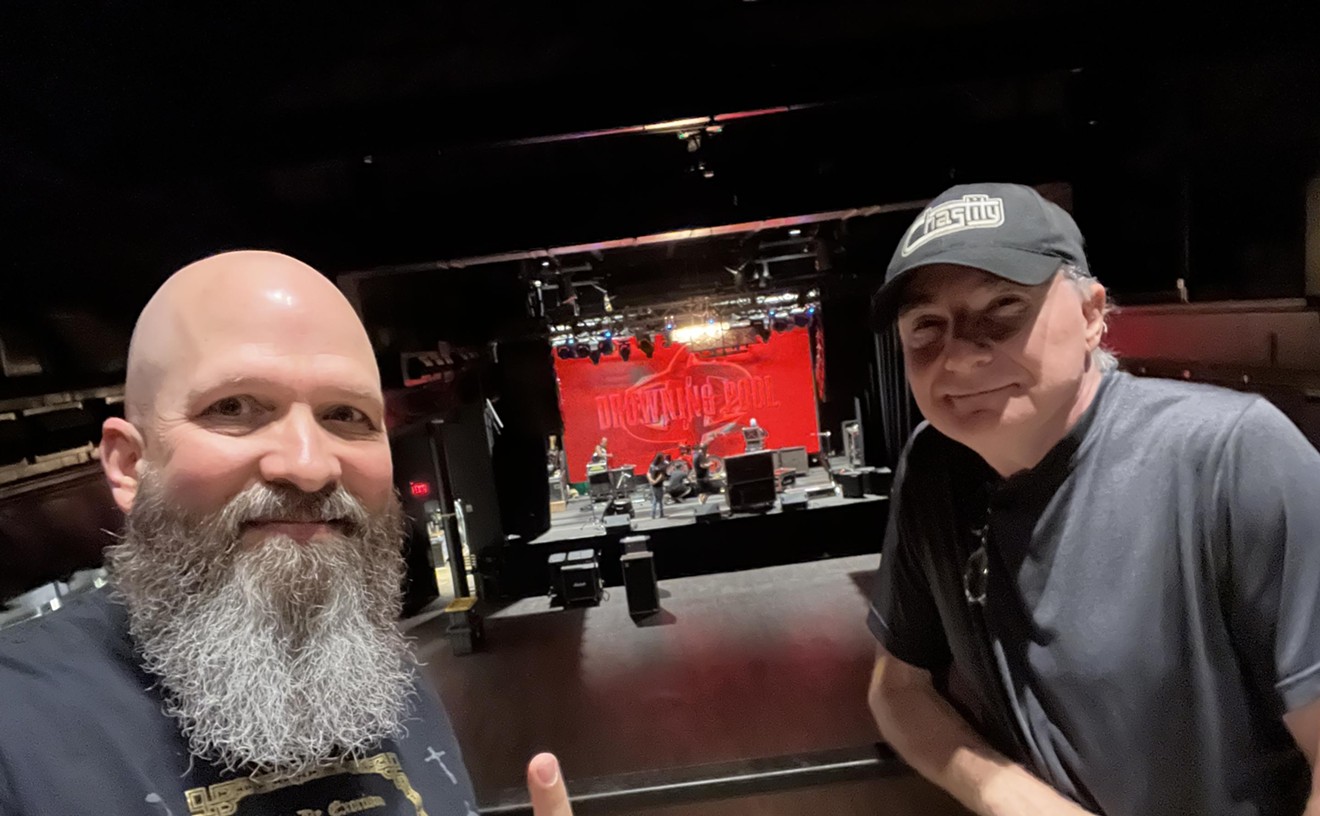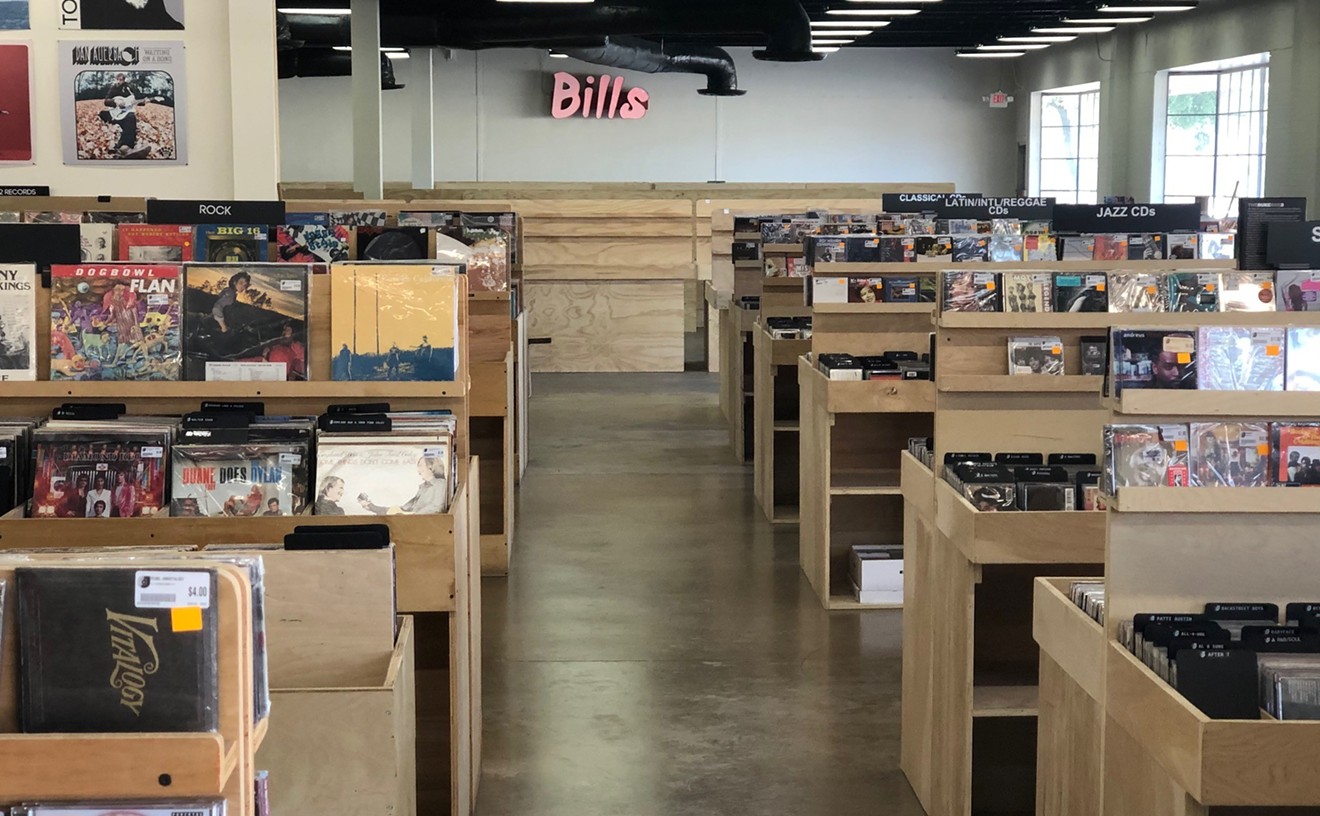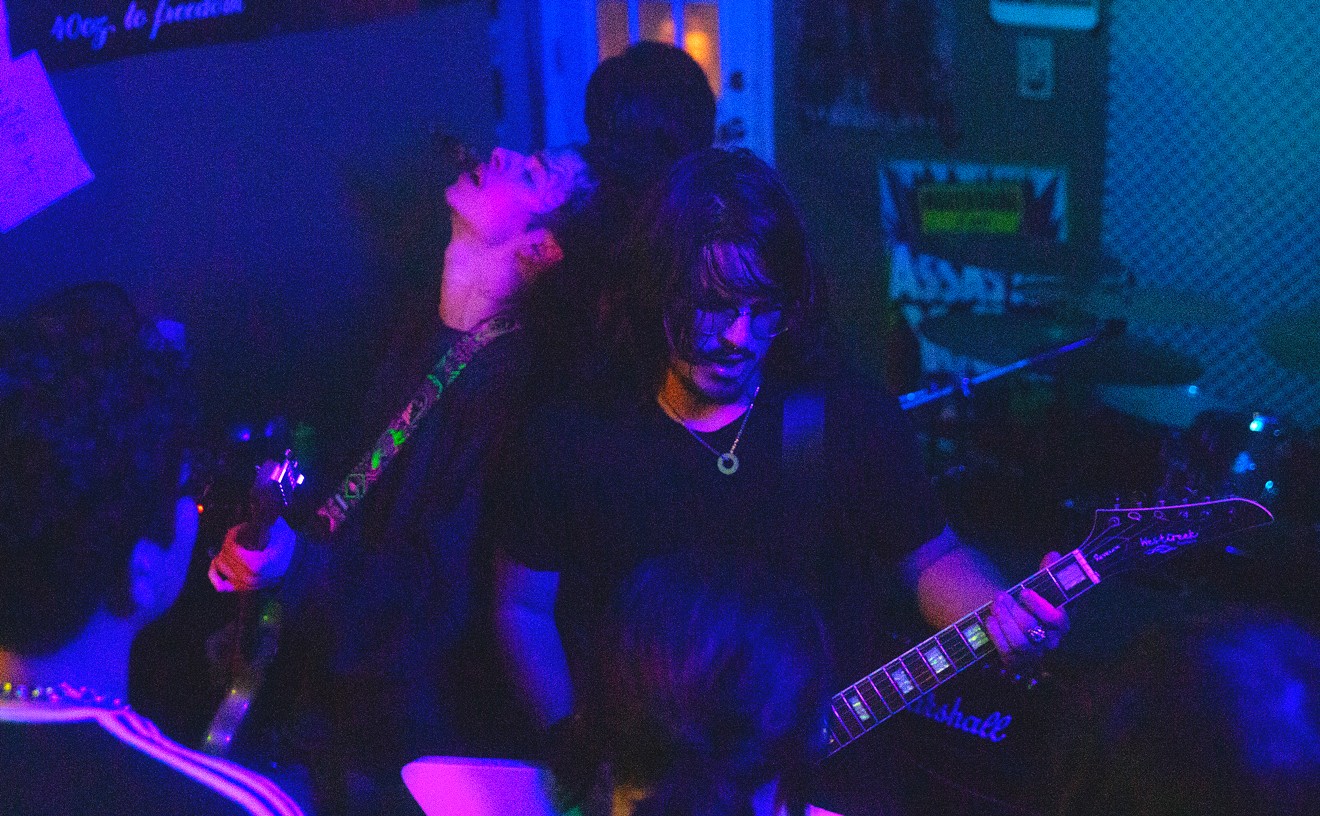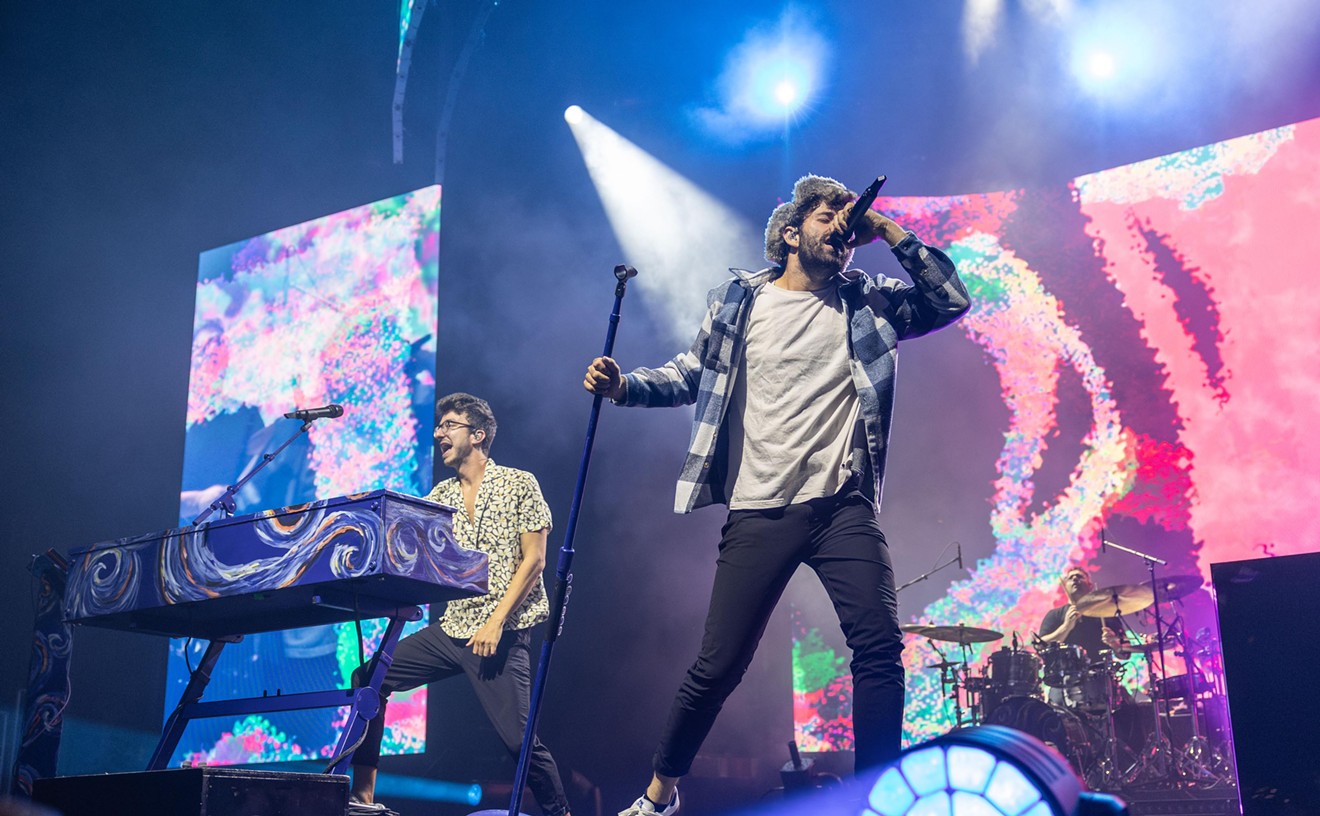Moving from Tennessee to London proved fairly easy for Nathan Nicholson of The Boxer Rebellion. After losing his mother in 2000, he hightailed it across the pond and quickly formed a band.
Speaking from a tour stop in Austin and in anticipation of tonight's show at Dada, Nicholson talked about his move to London and the band's epic, atmospheric pop.
How did you end up in London after being raised in Tennessee? I went to college there and I was really interested in British music. I always loved the Beatles and many other bands from there. I met a guitarist named Todd Howe who had also just moved to England from Australia and we decided to start a band. We found a rhythm section and both guys were from England. They were studying at a local music college. We've been a band for 11 years now. It's amazing how time flies. I can't believe it's been that long.
What was the biggest difference between the two places? Mainly, it was just about moving from a small town to a big city. You didn't have to drive anywhere. You could walk it or take public transportation. The pace of life is so different in Tennessee. It would have been the same if I moved to New York City or someplace like that. I was a lot more relaxed in Tennessee. It was small-town America.
How do you think your music would be different if you stayed in the U.S.? It's all about who you meet and what their influences are as well. To have band members who grew up in England and Australia, of course they are going to bring other influences to the music. If I made music in the U.S., I probably would have met people who were more like me. It's all abstract, so I really don't know.
Well, you certainly don't hear a lot of epic, moody, atmospheric rock coming out of Tennessee. No, you don't, but that is kind of what I was into as a kid. I was into a lot of British music, but that's not exactly what a lot of people in my high school were listening to in the late '80s and early '90s.
The big cliché about London is that the food is terrible. Is it? That is something you hear, but that is completely the wrong idea. London is such a melting pot of cultures. When people think about British food, they think it will be nondescript. But in places of London, you can get the best Chinese and Thai food. There are some really good places to eat here. I recommend it.
Since you are basically half American/half British, does that mean you put some Jack Daniel's in your afternoon tea? [Laughs] Not in my tea. I have mine with ice.
One critic described your music as moody clatter and romantic-sounding post- punk. Was he on the mark? I don't know. I don't know how I would describe it. Yes, we always say that it is kind of epic and atmospheric. We think it fits as a kind of soundtrack vibe. We've been fortunate to have our music on soundtracks and television programs. We think we suit that and make music that fits that bill.
Yes, your music has been used on many television shows. What exactly makes a song best suited for that? Hopefully, the producers of the show just like the songs. And hopefully, the songs fit the mood of that particular scene of the show. We really like it because it's a different form of radio. It's a different way of getting your music out to people.
The band has had some bad luck on tours. After the first EP came out, you were seriously ill and that tour was canceled and then again in 2001, you had to cancel a tour due to a personal tragedy. I think these are just things that happen to all bands. That was nine years ago when I got sick. It's no worse than what a lot of people go through. These are just ups and downs. Last year, we made the decision that some things were more important than others. We were only three weeks into that tour. It's not about bad luck.
The band has opened for people like Lenny Kravitz and Gary Numan. Were those audiences appreciative of your music? Yes, for the most part. I mean, we always have a few people who come to see us. We didn't get booed or have anything thrown at us.
Your 2009 album, Union, really broke the band commercially. What was it about that particular album that attracted a larger audience? It's a pretty upbeat album. We got an iTunes single of the week ["Evacuate"] and things took off from there. We got half a million downloads that week. When you get a song that appeals to people, it's pretty common for them to go buy the album. That's kind of what happened.
Last year, you appeared on the Late Show with David Letterman. Were you nervous? Yes, I was very nervous. Speaking of Jack Daniel's, we had a little bit of that that night. It was quite crazy. We loaded in there at 7:30 in the morning. You do the whole thing at about 4:30 in the afternoon. It's pretty hectic. When it comes down to it, you walk in there and do your song. It was odd to get set up and just do one song. But it was really exciting.
You last album, The Cold Still, came out in 2011. Do you have a new effort in the works? We are in the process of putting something together, but it will probably be next year before we put anything out. We are playing one or two new songs. We haven't toured with the material from The Cold Still in the places where we are going this time. That is what this tour is all about, getting this material to people in different places.
The Boxer Rebellion perform with Canon Blue tonight, April 11, at Dada.










